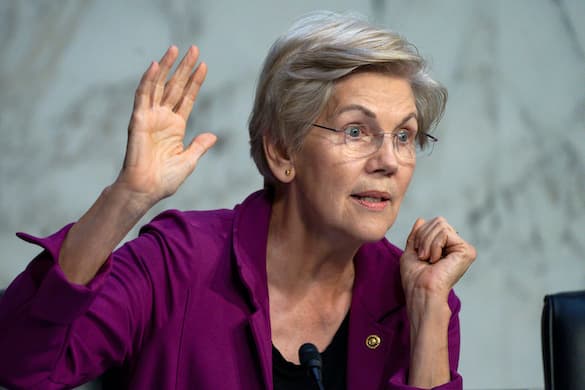Trump, Ignoring the Presidential Transition Act, Hobbles His Own Ability To Hit the Ground Running
Does Congress, though, have the power to add qualifications listed in the Constitution for a person to assume the presidency?

A CBS News/YouGov poll finds 59 percent of American adults approve of how President Trump is handling his return to the White House. An unforeseen danger, though, threatens that goodwill: His refusal to comply with the Presidential Transition Act, which Democrats are highlighting as a danger.
Please check your email.
A verification code has been sent to
Didn't get a code? Click to resend.
To continue reading, please select:
Enter your email to read for FREE
Get 1 FREE article
Join the Sun for a PENNY A DAY
$0.01/day for 60 days
Cancel anytime
100% ad free experience
Unlimited article and commenting access
Full annual dues ($120) billed after 60 days

